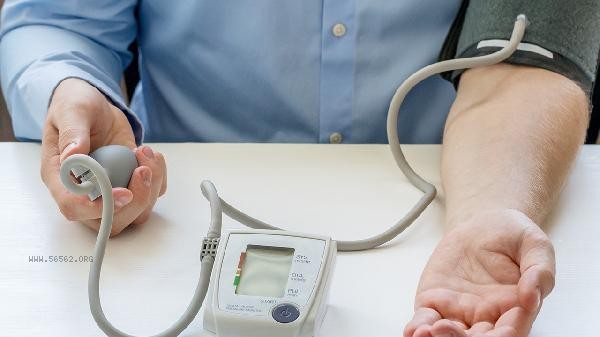Intermittent hypotension is a symptom of sudden drop in blood pressure, which may manifest as dizziness, fatigue, blurred vision, or even fainting, and requires treatment based on the specific cause. Common causes of intermittent hypotension include dehydration, orthostatic hypotension, heart problems, or medication side effects. The treatment methods include lifestyle adjustments, medication therapy, and targeted medical interventions. Dehydration is one of the common causes of intermittent hypotension. Insufficient water in the body can lead to a decrease in blood volume, resulting in a drop in blood pressure. It is recommended to drink enough water every day, especially in high-temperature environments or after exercise. Avoid excessive alcohol consumption and caffeine, as these substances may exacerbate dehydration.

2. Positional hypotension refers to a rapid drop in blood pressure when standing suddenly from a sitting or lying position. This situation is common in elderly people or patients who are bedridden for a long time. Preventive measures include slowly changing positions, sitting up for a few minutes before standing up when getting up. Wearing elastic socks can also help promote blood circulation in the lower limbs. 3. Heart problems such as arrhythmia or heart failure may lead to intermittent hypotension. These situations require professional medical intervention, including drug therapy such as beta blockers, calcium channel blockers, or surgical treatment such as pacemaker implantation. Regular heart check ups are conducted to monitor changes in blood pressure and heart rate.
4. Certain medications such as antihypertensive drugs, diuretics, or antidepressants may cause intermittent hypotension. If there is suspicion of drug side effects, it is necessary to communicate with a doctor in a timely manner to adjust the drug dosage or replace the medication. Do not stop taking medication or change the medication plan on your own.
5. Diet and exercise play an important role in preventing intermittent hypotension. Suggest increasing salt intake and consuming sodium rich foods such as nuts and cheese in moderation. Avoid high sugar diets and choose whole grains and vegetables rich in fiber. Moderate exercise such as walking and swimming can enhance cardiovascular function, but avoid vigorous exercise. If intermittent hypotension is accompanied by severe symptoms such as fainting, chest pain, or difficulty breathing, seek medical attention immediately. Doctors may conduct blood tests, electrocardiograms, or echocardiograms to identify potential causes and develop treatment plans. Intermittent hypotension may be caused by multiple factors, and corresponding measures should be taken according to the specific reasons. By adjusting lifestyle, rational medication, and targeted medical interventions, symptoms can be effectively alleviated. If symptoms persist or worsen, timely medical attention should be sought for comprehensive examination and treatment to ensure physical health.











Comments (0)
Leave a Comment
No comments yet
Be the first to share your thoughts!